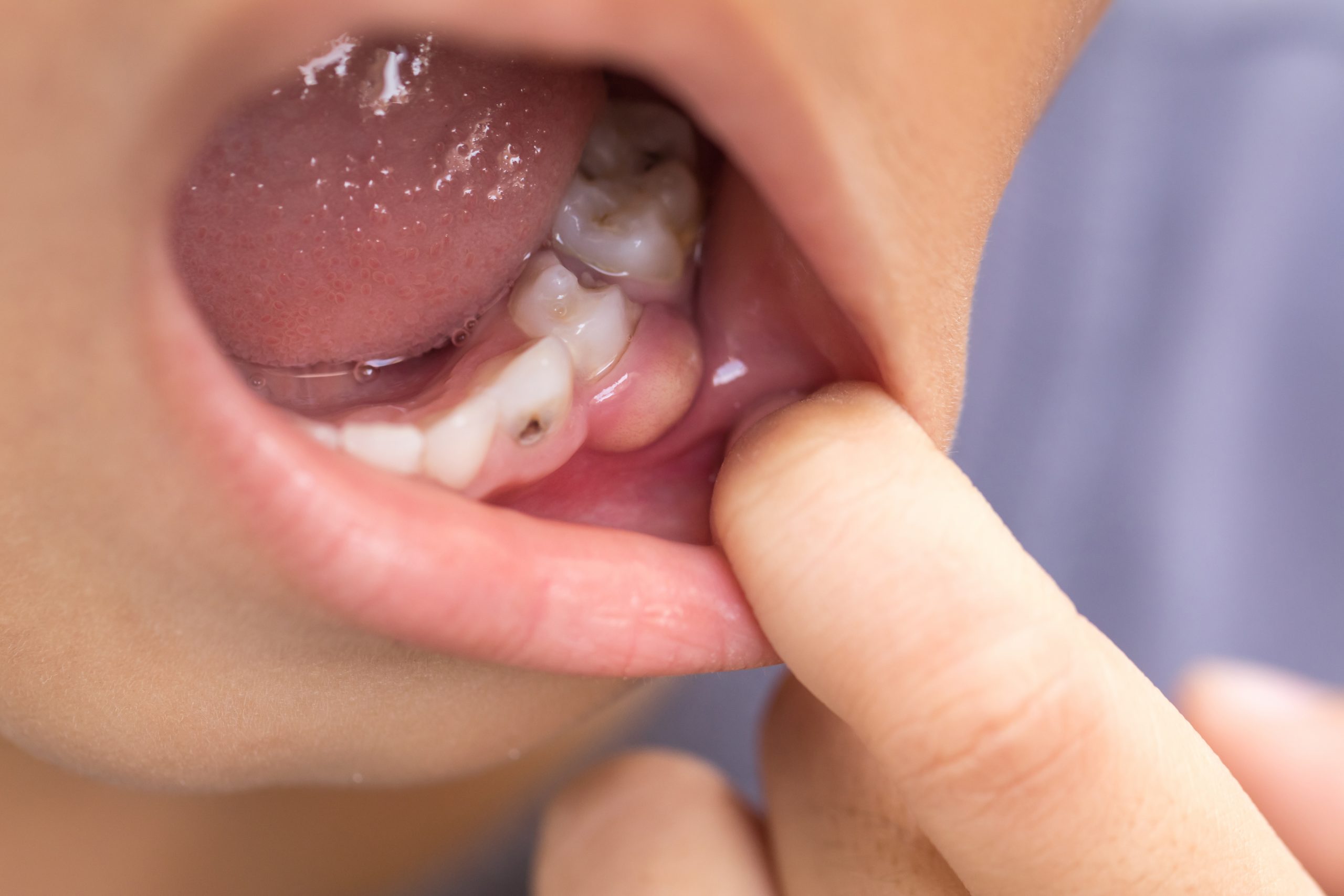Most people have a general idea of what cavities are. They’re spots of decay on your teeth that grow larger over time, and that a dentist can typically treat with a filling. But there’s a little more to cavities than this. The more you know, the better you’ll be able to detect, prevent, and treat cavities in your own mouth and your kids’ mouths. To that end, here are some facts you probably didn’t know about cavities.
1. Cavities are caused by acid.
You’ve probably heard that cavities are caused by sugar. This is sort of true, but it’s a bit of an oversimplification. Cavities occur when the bacteria in your mouth consume sugar and then secrete acid. It’s actually the acid that causes decay. To fight cavities, you should try to avoid sugar, but when you do eat sugar, making sure it’s rinsed out of your mouth promptly can also help prevent cavities since oral bacteria won’t have a chance to consume it.
2. Even some “healthy” foods can cause cavities.
Some foods that are commonly thought of as “healthy” can contribute to the development of cavities because they are high in sugar. Dried fruit is an example; it tends to stick on your teeth and leave sugar on the surface of your teeth for long after you eat it. Juice is another example; it can contain as much sugar as soda and is therefore not a tooth-friendly choice.
3. Really large cavities can’t just be filled.
It a cavity becomes too large, your dentist may not be able to treat it with a simple filling. Doing so may require the removal of too much tooth structure, leaving the tooth weak. You might need a crown or even a root canal if a cavity gets too big. This is a good reason to visit your dentist for a checkup every 6 months; cavities will be detected when small and easy to treat.
4. Cavities do not heal on their own.
You may have seen some folk remedies, like charcoal and essential oils, that claim to heal cavities. These remedies are nothing more than hoaxes and snake oil. Once a cavity has formed, it will not heal. Having the cavity filled really is the best way to treat it and keep the decay from worsening.
5. Cavities do not always cause pain.
In fact, most do not cause pain until they are very deep. Do not assume your mouth is cavity-free because you don’t feel any pain. Your dentist can detect cavities far before they are painful.
6. Cavities in baby teeth need treatment, too.
Some parents assume that since kids lose their baby teeth, there’s no need to treat cavities in those teeth. That’s not at all the case. Your kids need their baby teeth to speak, chew, and guide the adult teeth into place. Work to prevent cavities, and have cavities that do appear filled.
Now that you know a bit more about cavities, you’re prepared to take better care of your teeth! Reach out to us if you have any lingering questions about dental health, or to make an appointment.
